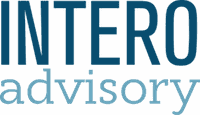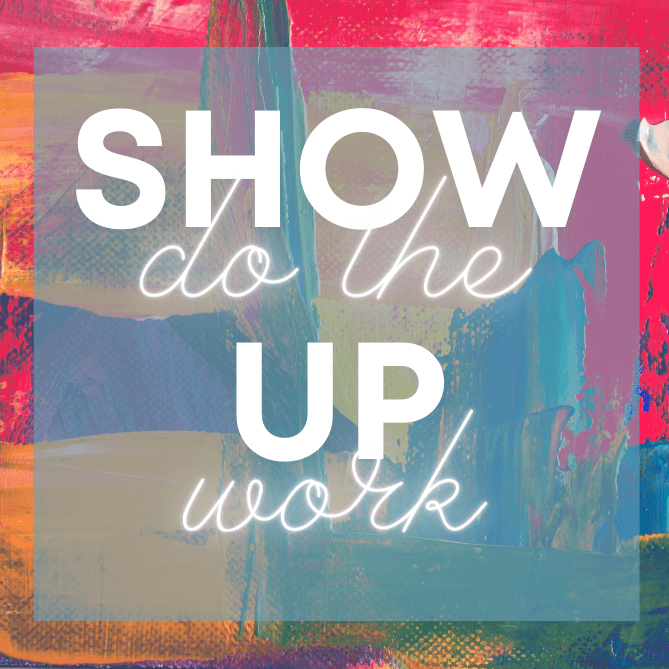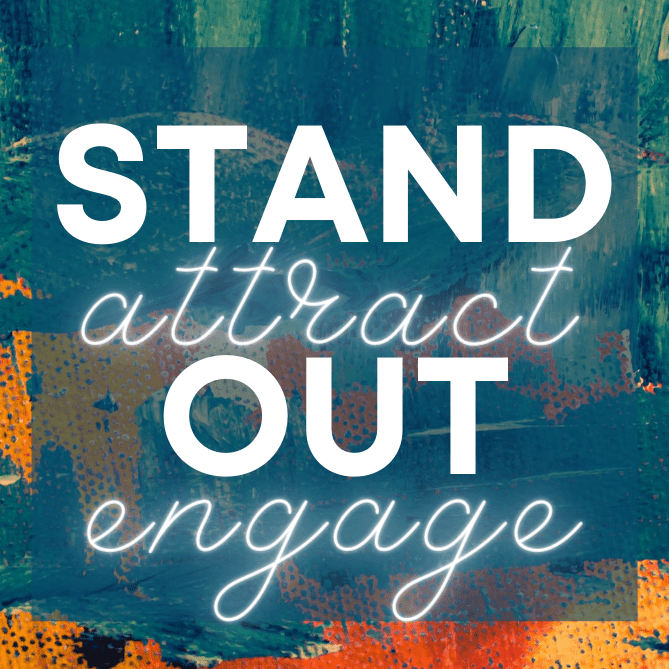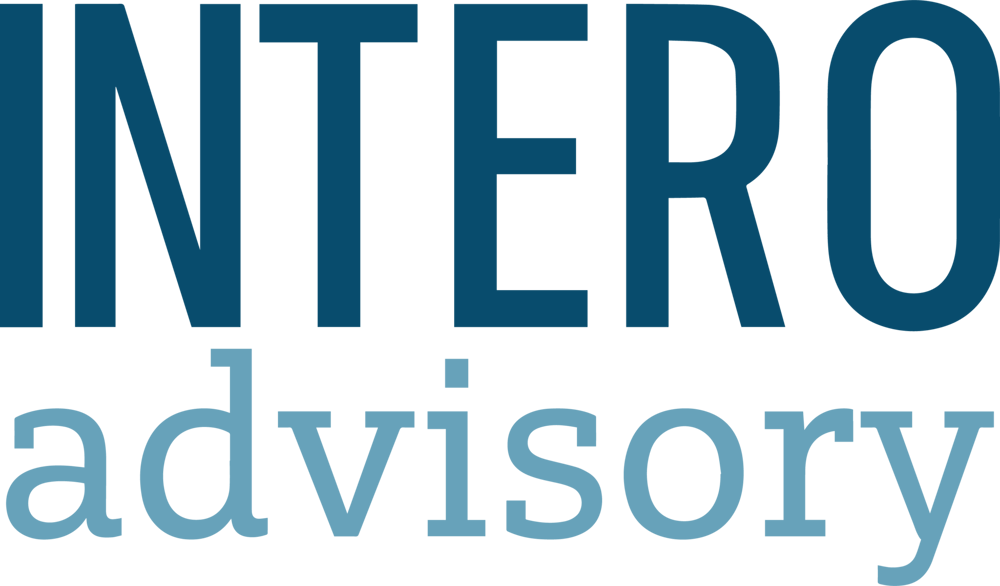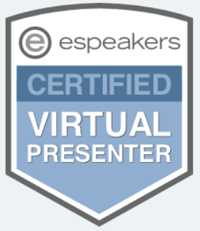Audio recording:
Key takeaways:
You can’t expect to build a professional community if you aren’t willing to jump in and be active.
How you show up determines how others see you.
Key Actions:
Let’s get creative with LinkedIn and PLAY.
Position yourself with a beginner’s mind
Learn with intention
Apply our It’s Business, Not Social™ practices
Yield outcomes that drive your business and career in a positive manner
Key Soundbite/Quote:
Expanding/elevating how you approach (your mindset) your LinkedIn presence and network yields greater long-term business development, recruiting, and branding outcomes.
I highlighted and underlined my way through, Brad Stulberg’s most recent book, The Practice of Groundedness, a Transformative Path to Success that Feeds – Not Crushes – Your Soul, and realized this is exactly the book I needed to kick off a new year. His work meshes the wisdom of ancient traditions and the latest research together to showcase how certain habits and practices lead to a more grounded life. His insight and perspective align with how we coach and why we coach the way we do. I can find correlations on almost every page.
As we launch a new year and framework for our content, I thought starting with a focus on mindset, and growth mindset, in particular, makes sense. And, while mindset remains essential, I think it makes more sense to combine mindset with practice. Stay with me on this and let me know if you agree.
Let’s establish some additional context. Everything my team and I write, coach, train, and podcast about relates to helping you (and your team) nurture and expand your brand, network, and content on LinkedIn for awareness and conversion. While that’s our aim, it’s also our intent to broaden your perspective and apply our thinking to other areas of your professional life. We want you to be stronger, more compelling leaders, marketers, sellers, recruits, recruiters, and buyers.
I am a big fan of Dr. Carol Dweck’s work on growth mindset. If you know her groundbreaking work, my guess is you embrace a growth mindset, or, at the least, consider its plausibility. If you don’t know Dr. Dweck’s work, check out her blog and TED talk.
In short, Dr. Dweck believes in a growth mindset, which suggests that we are capable of expanding our intelligence through hard work and dedication. We can learn to overcome obstacles and improve on challenging tasks. With a growth mindset, people view failure as an opportunity to learn, whereas people with a fixed mindset take failure as a sign that they should throw in the towel.
If we agree about a growth mindset we are willing to take on new projects, continually learn and adapt, and seek out opportunities where we know we know we’re out of our comfort zone. And, we know we will be okay. Hey, we might even thrive.
Having a growth mindset is just the start. You probably also are familiar with what Reid Hoffman, Co-Founder of LinkedIn, calls permanent beta. The Start-up of You is one of the best business books and one I consider an absolute must-read for all emerging and established professionals and career changers. It’s been a while since I’ve reviewed and written about permanent beta and the idea that we are never finished. For those of us in business, Hoffman talks about an entrepreneurial mindset.
Another key component to a growth mindset is leading every conversation, project, difficult conversation, engagement, sales cycle with a beginner’s mind. Shoshin is a word from Zen Buddhism meaning “beginner’s mind.” It refers to having an attitude of openness, eagerness, and lack of preconceptions when studying a subject, even when studying at an advanced level, just as a beginner would.
In his Inc. Magazine article, 11 Ways to Develop a Beginner’s Mind, Rhett Power talks about several key ways to tap into a beginner’s mindset and gain greater traction and more meaning. A mind open to new and various possibilities, focused on questions, not answers undoubtedly leads to a more open mind, new perspectives, and learning.
As Power outlines, here are a few practices from Mary Jaksch of Goodlife Zen:
- Take one step at a time.
- Fall down seven times, get up eight times.
- Use Don’t Know mind. Don’t pre-judge.
- Live without shoulds.
- Make use of experience. Don’t negate experience, but keep an open mind on how to apply it to each new circumstance.
- Let go of being an expert.
- Experience the moment fully.
- Disregard common sense.
- Discard fear of failure.
- Use the spirit of inquiry.
- Focus on questions, not answers.
A beginner’s mind is not for newbies and rookies.
Yo-Yo Ma, an 18 time Grammy winner who has released more than 100 albums in his 40+ year career and is certainly among the most well-known Cellist worldwide recently released an Audible Original, Yo-Yo Ma, Beginner’s Mind. In his conversation with Ann Patchett (who, by the way, is one of my favorite authors. I am loving her new book, These Precious Days: Essays) he talks about the importance of a beginner’s mind. Curiosity is priceless.
“Ultimately what I love about a beginner’s mind is that you get to be receptive to what’s around you. It allows you to be present without judgment.” Yo-Yo Ma
At this point, you may be wondering where I am going with this post. Remember, I asked you to stay with me. Hell, even if you bail now, you will have enough nuggets to ponder and explore for months.
So a positive mindset includes a growth and entrepreneurial mindset with the ability to recognize a permanent beta and beginner’s mind perspective. Wow, so much goodness wrapped up in that sentence. If this isn’t you or your team, I am concerned for you and your team. I’m concerned you will obsolete before finishing this article. No, really, I am concerned. The world is so rapidly changing and adapting that even for those who are the most adaptable and the most innovative, the world is challenging. I believe your business sustainability is at risk if you don’t encourage a growth mindset within your business.
I get that it’s hard and you and your team have no time. However, that is just not a legitimate reason any longer.
This is where building a culture or mindset of growth and learning is critical and requires more than a commitment and a good attitude. It requires practice and measurement. It requires accountability and transparency. This is where marrying mindset with practice makes it real.
Brad Stulberg’s section, Redefining Practice makes so much sense. He opens the section describing how most of us think of practice (I definitely think, no thought, this way.) We think of it as the action, the drill, the exercise to get better, to reach an endpoint.
“The art of practice is applicable to anything in which you strive to advance, whether that means shaving two minutes off your marathon time, improving your public speaking, or becoming a stronger, kinder, wiser and more grounded person. When an activity becomes a practice, it shifts from something that you are doing at a point in time to an ongoing process of becoming. Viewing something as a practice lends itself to continual learning, meaningful change and integration.”
Stulberg also references A New Republic of the Heart by philosopher Terry Patten who writes that life satisfaction is largely a by-product of transitioning from being a seeker, or someone who wants a certain lifestyle, to a practitioner, or someone who lives that lifestyle.
I love that. It’s applicable to so much personally and professionally.
Let’s bring it all together. Develop your growth mindset and your permanent beta plan with a beginner’s mind and build a practice that evolves and aligns with your values, and current and future career and life aspirations. The results will speak for themselves. And, yes, there will be positive results.
Let’s bring it all together related to LinkedIn. You don’t have to know everything about LinkedIn, in fact, there’s a good chance you don’t as it’s continually changing. Be open to learning, testing, caring, and participating with a beginner’s mind and building a practice designed for the long-term— not your upcoming quota or hiring initiative.
Before we close up, here are a few of the ways I tap into my growth mindset, move beyond my comfort zone and lead with a beginner’s mind.
- I recently started playing Mahjong with three women who are very good. I am so outside of my zone on our Wednesday evenings that I can’t join their conversation because I am studying the Mahjong card! I’ve taken out every book from the library, bought a Mahjong set and study at least twice a week to learn faster.
- I took up knitting again after about 10 years thanks to my neighbor, and while I can’t read a pattern, I can knit and purl and have discovered that certain yarns can hide those mistakes. I let go of the idea of perfection years ago.
- Every coaching and training session I lead is often a step into the unknown. My team and I work and train on a platform that is always changing and is often glitchy. Sometimes features that were there 20 minutes ahead of the session are missing or have been moved. Sometimes glitchy can’t even be defined. And, it’s not our platform so their roadmap is news to us and those who have created businesses around helping others leverage LinkedIn. I’ve learned to be honest, calm, and create quick workarounds. I love a beginner’s mind for LinkedIn. It relieves the pressure.
- I’ve launched service offerings that I thought people would embrace, appreciate and buy. They didn’t. It’s not what they wanted from us. Maybe from others, but from us, they want more personalized services and strategy. Reframing offerings have created new opportunities which, in the end, will be better for our clients and our team.
Over the next three weeks, we will dive further into mindset in our tips, podcast, and posts. Why? We want to explore more fully the topics we cover in various forms so that you can create your own learning practice with us. I hope you stay with us throughout the year and nourish your LinkedIn practice so that you yield your desired outcomes and STAND OUT!
QUESTIONS:
How do you or will you enable your growth mindset?
How do you or will establish your practice?
PRACTICE + KEY ACTIONS:
Acknowledge that others use LinkedIn to vet and verify you (and, your colleagues and teams.)
Craft a plan to gain best practices so that you can maximize LinkedIn for your branding and business initiatives.
Triage your current LinkedIn profile and network.
To receive more of our thinking, tips, and special content, sign up here!
Find our content valuable? Please share it with others.
